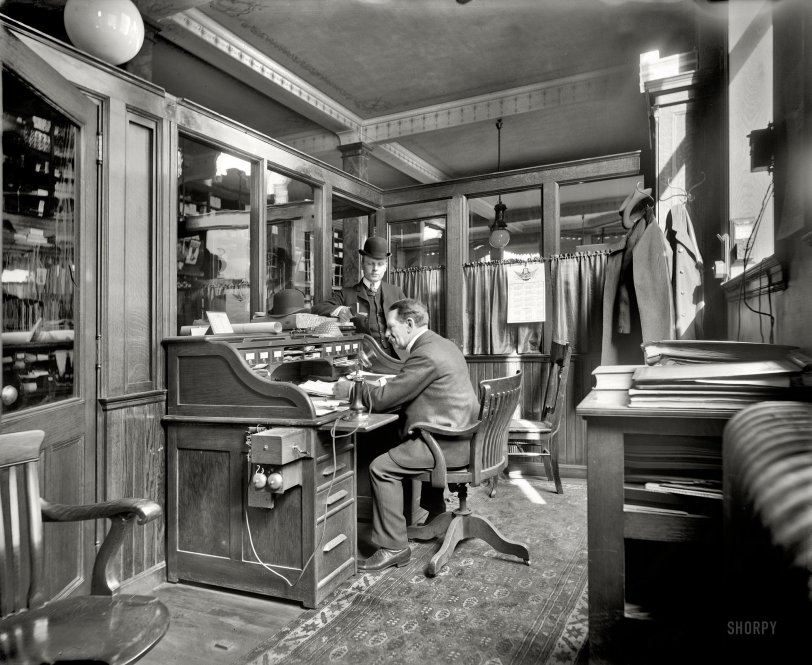
Boys are apt to think that their parents and teachers are too strict; that they ought not to be obliged to get such perfect lessons, or to go to Sabbath school, to be so punctual and so particular. They wonder why they are not allowed a great many amusements and indulgences which they would like so much.
"What's the use?" they often discontentedly ask.
Well, boys, there is a great deal of use in being brought up right; and the discipline which sometimes seems to you so hard, is precisely what your parents see that you need in order to make you worth anything. I will tell you an incident, to illustrate it, which has just come to my knowledge.
William was the oldest child of a widowed mother, and she looked upon him, under God, as her future staff and support. He was trained to industrious habits, and in the fear of God. The day-school and Sabbath school seldom saw his seat vacant. Idleness, that rust which eats into character, had no opportunity to fasten upon him.
By and by he got through school and succeeded in securing a situation in a store in the city.
William soon found himself in quite altered circumstances; the stir and bustle of the streets was very unlike the quiet of his village home; then the tall stores, loft upon loft, piled with goods - boxes and bales now, instead of books and bat; the strange faces of the clerks, and the easy manners and handsome appearance of the rich boy, Ashton, just above him in the store, - all these contributed not a little to his sense of the newness and strangeness of his position.
William looked at Ashton almost with admiration, and thought how new and awkward everything was to himself, and how tired he got standing so many hours on duty, and crowding his way through the busy thoroughfares. But his good habits soon made him many friends. The older clerks liked his obliging and active spirit, and all had a good word for his punctuality.
But William had his trials. One morning he was sent to the bank for money; and returning, laid the pile on the counting room desk. His master was gone, and there was no one in the room but Ashton. Mr. Thomas soon came back.
"Two dollars are missing," said he, counting the money.
The blood mounted to poor William's face, but he answered firmly:
"I laid it all on your desk, sir."
Mr. Thomas looked steadily into the boy's face, and seeing nothing but an honest purpose there, said, "Another time put the money into my hands, my boy."
When the busy season came on, one of the head clerks was taken sick, and William rendered himself useful to the bookkeeper by helping him add some of his tall columns. Oh, how glad he was now for his drilling in arithmetic, as the bookkeeper thanked him for his valuable help.
Ashton often asked William to go and ride, or to visit the oyster saloons, or the bowling alley, or the theatre. To all invitations of this kind, William had but one answer. He always said he had no time, or money to spare for such things. After the day's work was done, he loved to get back to his chamber to read. He did not crave perpetual excitement, or any more eating and drinking than was supplied at his usual meals.
Not so with Ashton. This young man had indulgent parents, and a plenty of money, or it seemed so to William; and yet he ate it, or drank it, or spent it in other things, as fast and so soon that he was often borrowing from the other clerks.
Ashton joked William upon his "stiff notions," but the truth was that William was far the happier of the two.
At last a half bale of goods was missing; searching inquiries were made, and the theft was traced to Ashton. O the shame and disgrace of the discovery! but alas, it was not his first theft. Ashton had been in the habit of stealing little sums in order to get the means to gratify his taste for pleasure; and now that his guilt had come to light, he ran off, and before his parents were aware of it, fled to a far country, an outcast from his beautiful home, from his afflicted friends, and from all the comforts and blessings of a virtuous life.
William is rapidly rising in the confidence and respect of his employers, fearing God, and faithful in duty.

